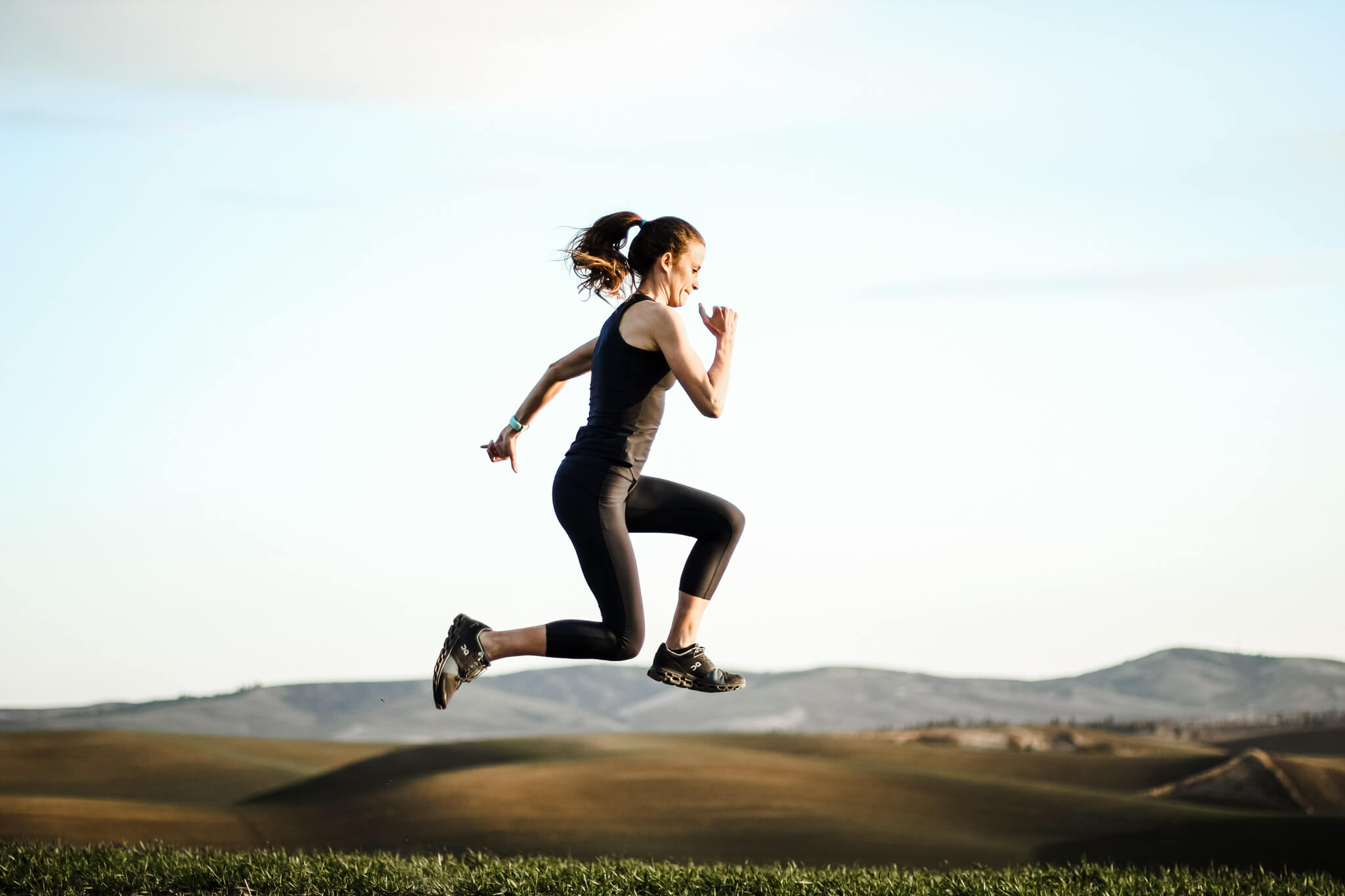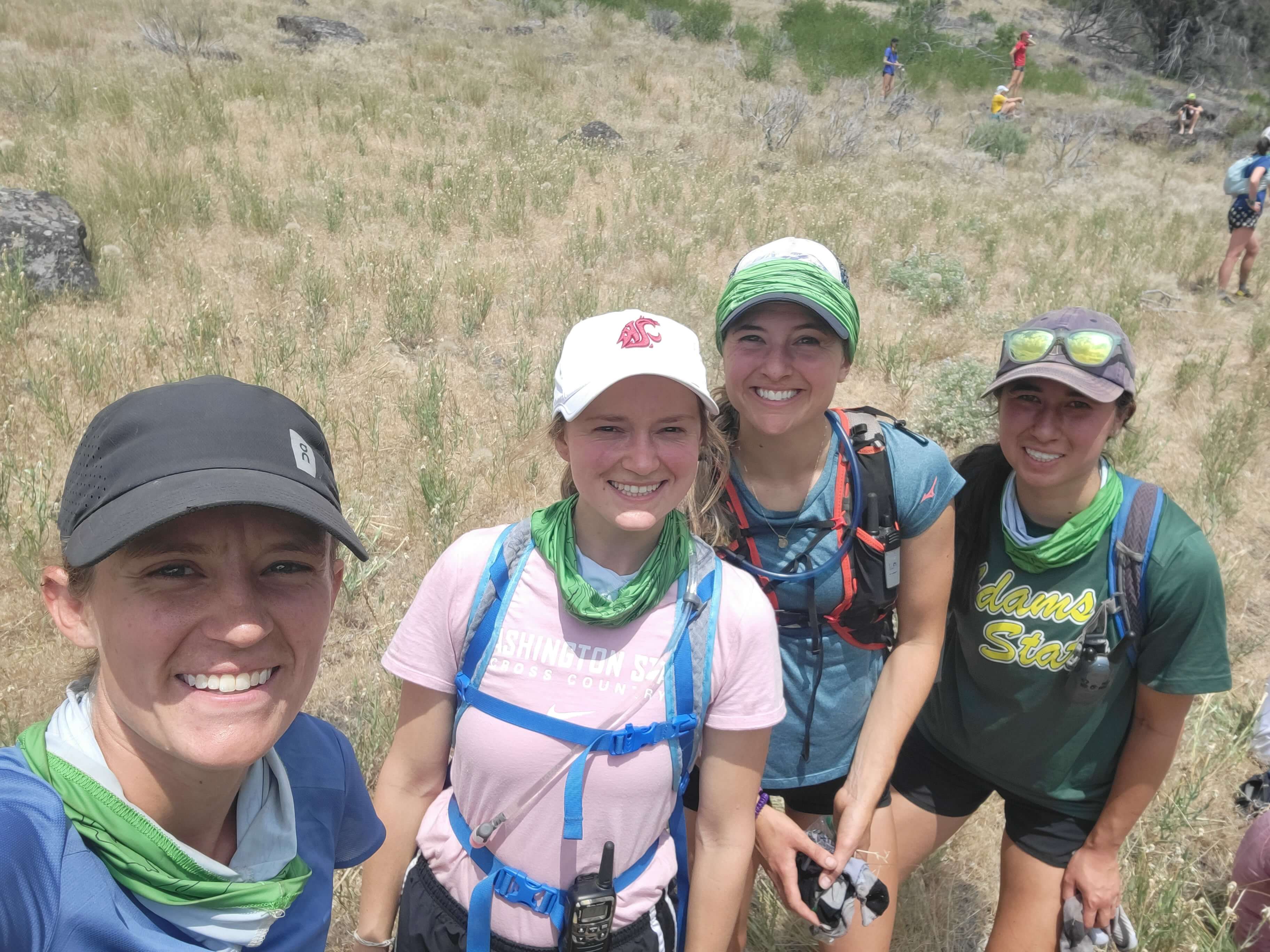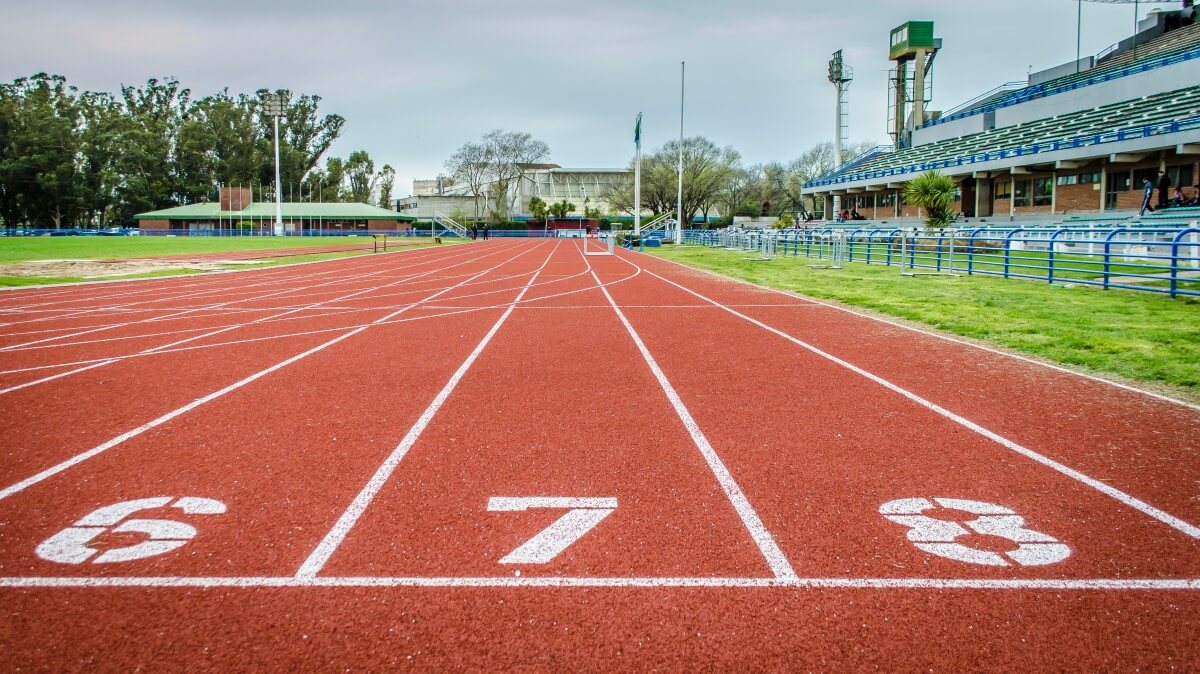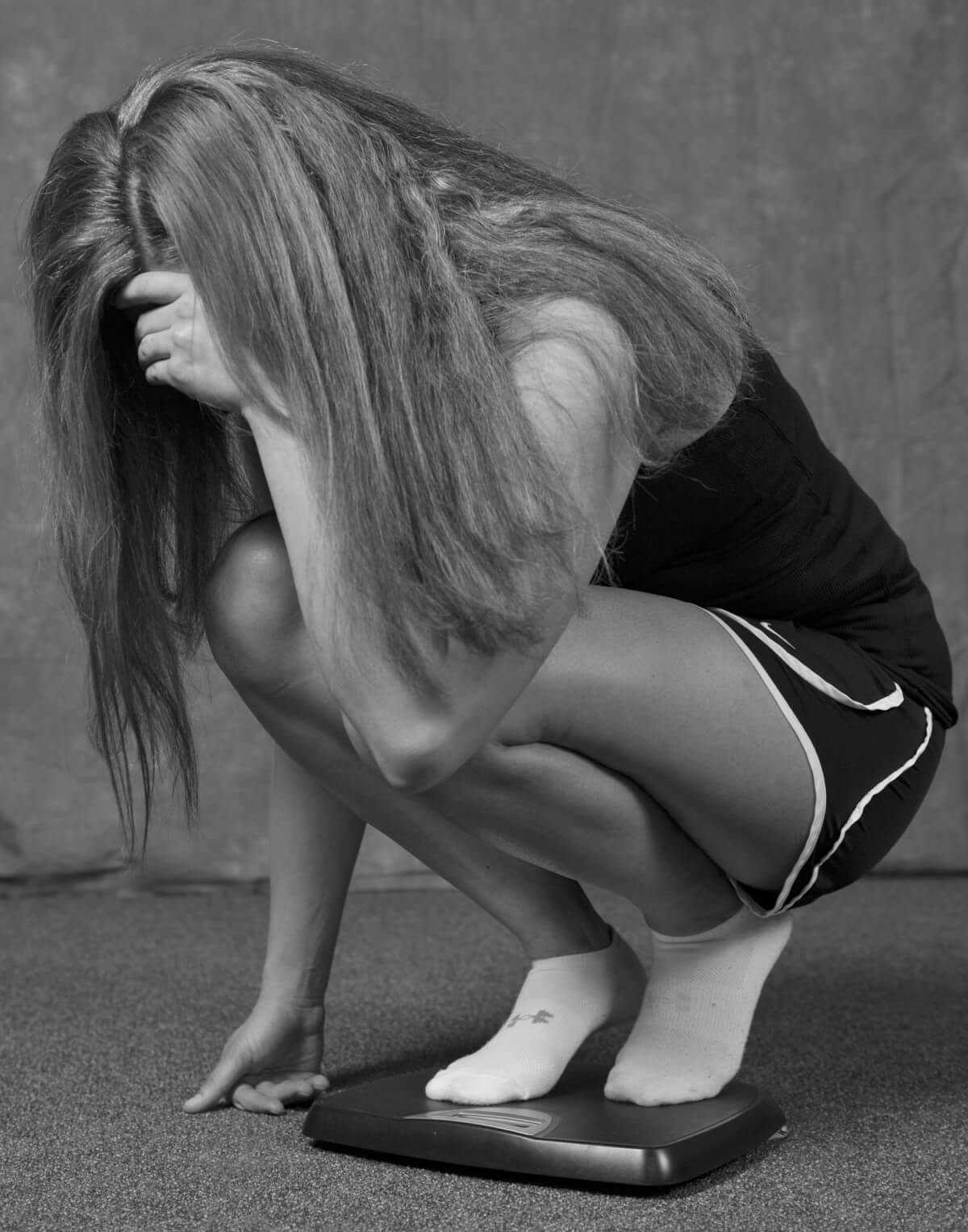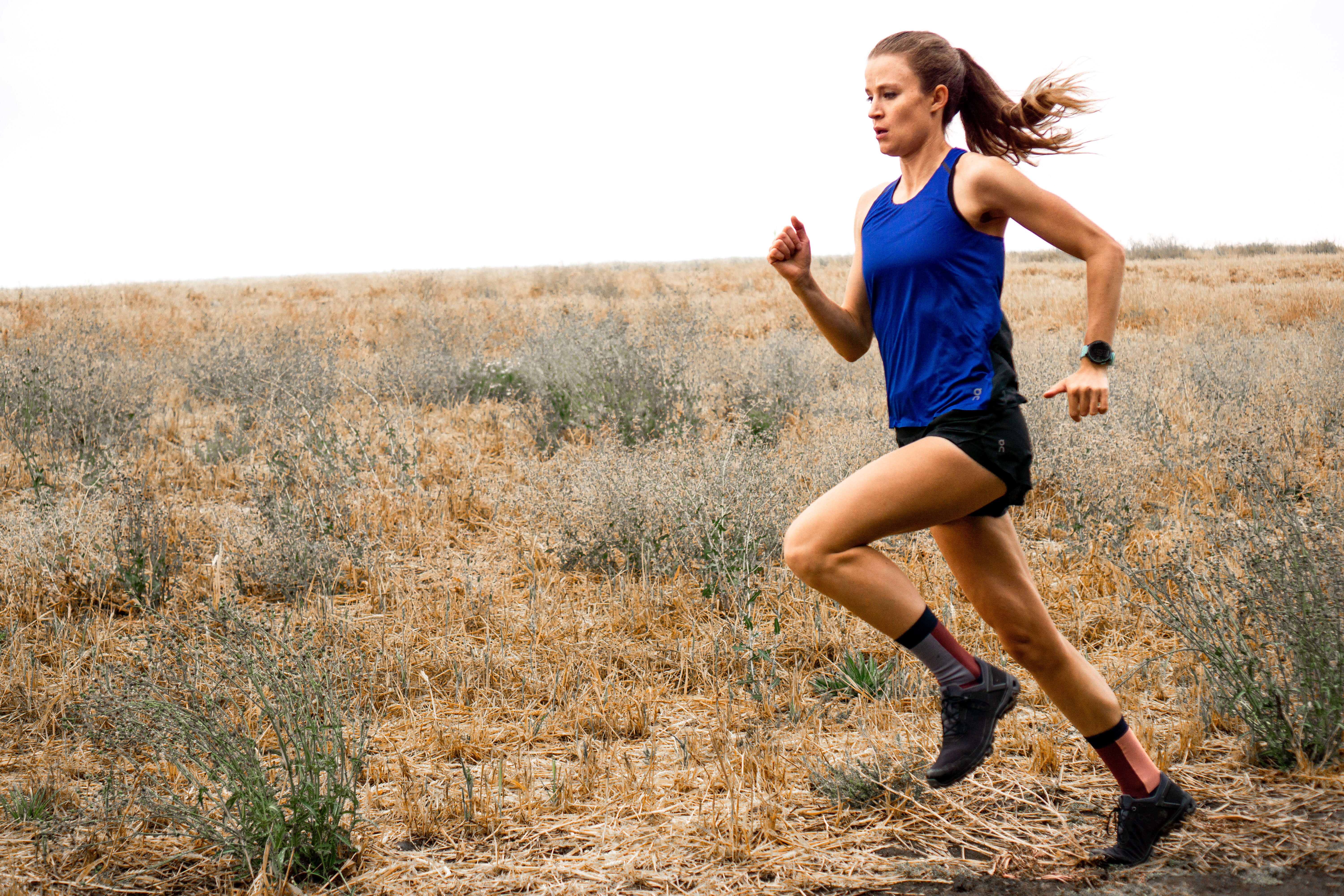Part 1
I have been running since I was seven years old. As I have developed and grown as a person, my relationship with running has changed – over the years I have become a runner. When I first started running, I did not run because I enjoyed the act of running. I ran because I was good and I liked to win; I was or wanted to be a winner. I learned from a very young age that society values objective success, participating was not good enough, “Children are taught to compete, but they are also socialized into knowing that is important to win and that winners are somehow better off than losers” (Thomas, 1983). My relationship with running formed around my success. I did not begin running because I loved the sport, I loved to win, and I was good which fueled my desire to keep running. Though what I found was that a relationship with running solely fueled by the objective was not sustainable nor enjoyable. I was in a toxic relationship with running because regardless of my effort, I was never satisfied unless I won or ran faster than I had before. One could almost guarantee that they could find me after a race in tears because, in my perspective, I just kept failing. Though if I were ever to find meaning in the run, to become a runner, I would need to redefine my relationship with the run.
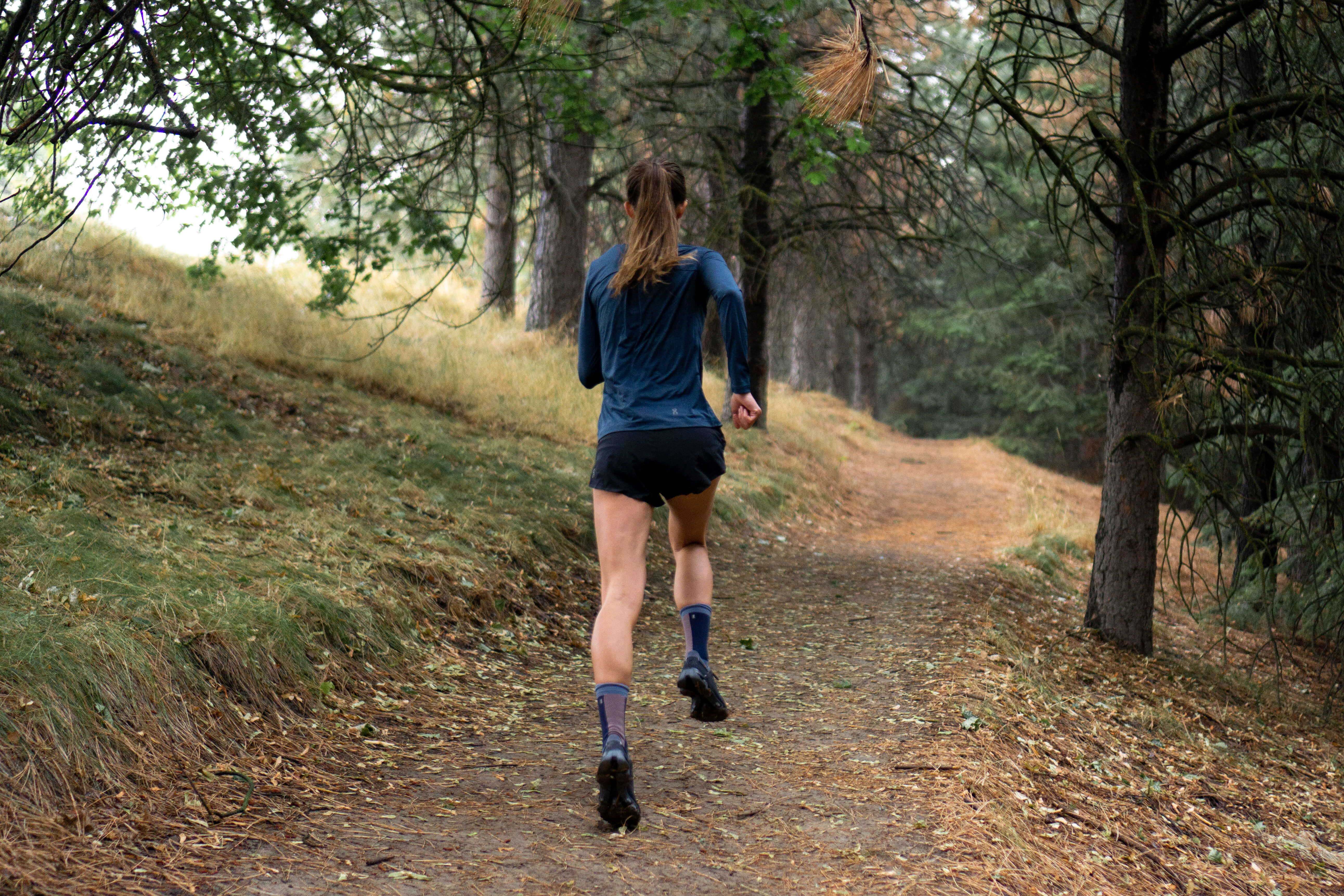
In the beginning, Running allowed me to stand out amongst my peers and I felt like I was a part of a coveted running community which I only gained access to because I was successful. When I did not meet my performance expectations, I believed that not only did I fail, but I did not deserve to be a part of the running community. Throughout my running career, I would retreat from my teammates after a rough race. For instance, at the Xterra Trail World Championships in December 2021, I was unhappy with my performance. I finished in fifth place, which may sound great, but I did not feel like I gave myself the chance to truly pursue my own personal excellence. Since I believed I had failed, I did not believe I deserved to spend time with my competitors and friends post-race. I felt like an outsider in the community like my membership had been revoked because of my mediocre performance.

